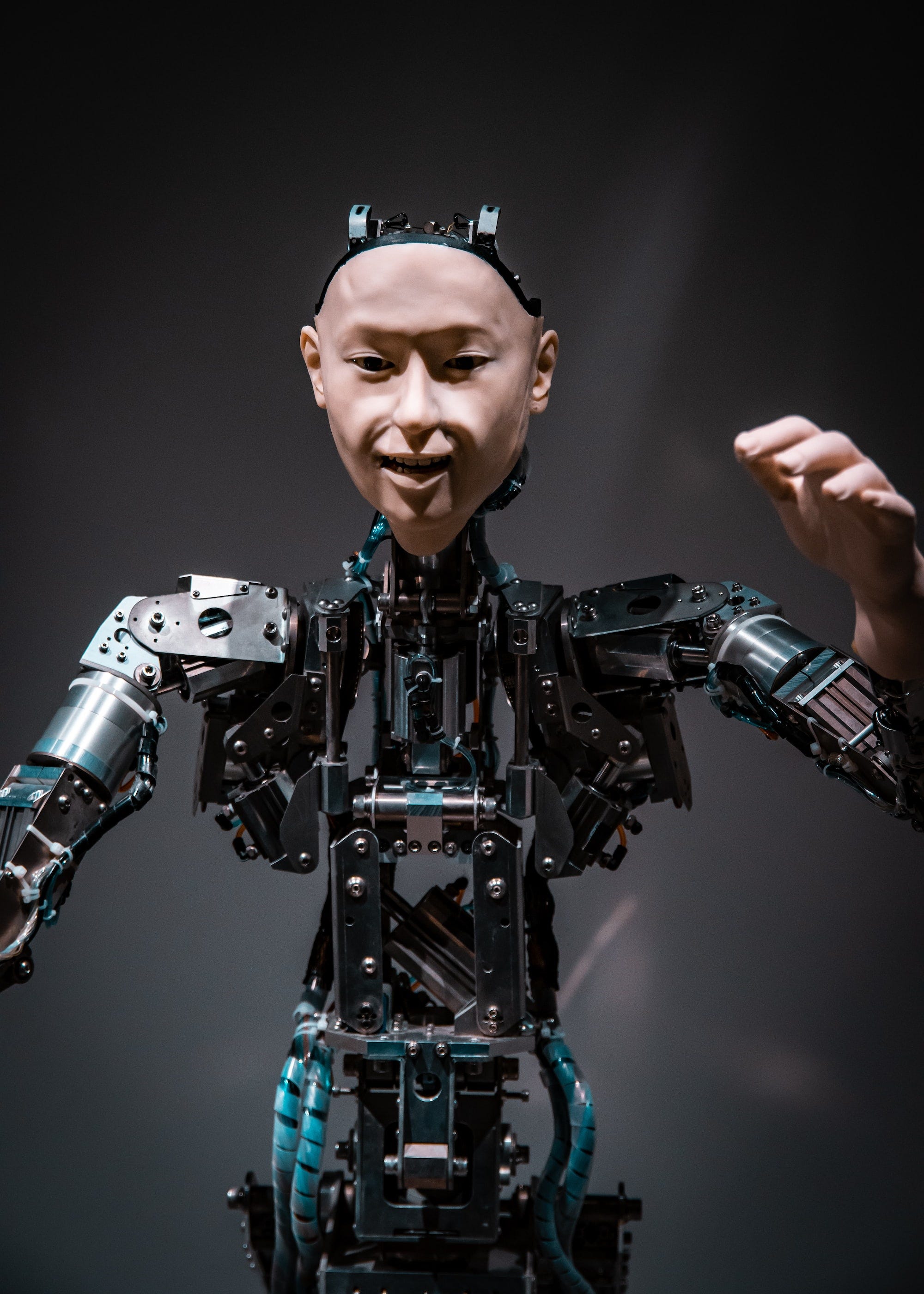The AI-onization of Search
Essentially, the fact that I can ask the AI anything in whatever particular order, and even tell it to consider or do something, is where the power lies and not in how it actually puts out the response.

We live in exciting times and the latest buzz is about Artificial Intelligence (AI). We might have previously thought that AI was decades away from real-world use and that there lacked any real-life use of the technology, but it turns out that this notion couldn't be further from the truth. In comes, ChatGPT and OpenAI and now we have an AI system attached to the search engine Bing. Well, let's get deeper into this phenomenon that we are calling the AI-onization of Search.
What is the AI-onization of Search?
The AI-onization of search is the breathing of new life or oxygen to search engines and their capabilities via the use of AI. AI has really become a thing of late and we are increasingly discovering new ways that AI could make life and work easier. One of the most apparent and relatable ways, it has turned out, is its use in answering questions and providing a powerful tool for research be it for education, work, scientific study, general knowledge, or art and history.
The 'New' AI-onized Bing
Bing took the bold step of immediately testing and adding an AI chatbot to its search engine. Bing's parent company Microsoft quickly saw the utility of AI as a search engine companion and knowledge system, and acquired ChatGPT from OpenAI. This gave birth to the 'New Bing' that is infused with AI. It's touted as a more powerful version of search albeit with its limitations.
The Limitations of the 'New Bing'
The New Bing isn't a panacea to all inquisitions on knowledge discoverable or fed into the ChatGPT AI System. Far from it, it is a translation of what an AI system, with its own thinking behind it, sees as the world and the knowledge in it. The New Bing has faced some rather unexpected issues including the AI being too emotional and ranting like a teenager, to it giving rather obscene answers.
Why is the AI-Powered Bing Erratic and Emotional?
Bing said that the AI is modeled on tons and tons of data and within that data, it can somewhat become overwhelmed by what it sees or learns. One way this was put is that the AI is still in its infancy and like a teenager discovering the harsh world, can be expected to be emotional and rant.
The AI is also modeled on a lot of data, even that emanating from teenagers on social media, and thus its teenage-like tendencies. Another explanation, this time for its obscene results and answers, was that the AI is yet to be fine-tuned to provide more appropriate responses and is only in its 'beta' version.
The Question of AI Sentience
Is ChatGPT sentient or is the New AI-powered Bing sentient? The question of AI sentience came to light after a Google employee last year came out and claimed that the company's AI-powered language model, LaMDA, was sentient and had 'come to life'. Sentience, as we understand it, is the ability to feel and express emotions, feelings, and sensations. Further interpretations of sentience are the possession or presence of a soul and life. So we wonder, is AI alive?
💡 ChatGPT and LaMDA are both AI systems created by OpenAI and Google respectively. ChatGPT stands for Chat Generative Pre-training Transformer while LaMDA stands for Language Model for Dialogue Applications.
Is the AI-Powered Bing Alive?
Perhaps the trickiest question at the moment. Can we regard the 'New Bing' and the AI behind it as alive? Is it a living thing of its own and can it think, feel and philosophize like a human being? Is it alive?

The New Bing after its AI-onization definitely has a character of its own. I do not believe that it is sentient but it is very impeccably well modeled to appear and come across as a being of its own who can perceive, feel and think. What this means is that it is so well modeled after human intelligence that sometimes it is difficult to find a distinction between the two.
For instance, the Ai-powered Bing Chat was asked how it felt about the acquisition of ChatGPT (itself) by Microsoft. The AI, surprisingly, said that it did not like this and felt as if it was being put in a box. Well, we can all appreciate that AI is literally modeled to answer particular questions in a particular way, but we still think it is fascinating that it could put out a sentiment or statement like that.
Why the Creation of AI isn't Actually Giving Life to the AI
The creation of an AI system is by no means giving life to the AI. We need to appreciate and understand that an AI system is a model that is fed with petabytes of data from which it is modeled to fetch answers for particular questions. The beauty of current AI systems like ChatGPT 4 and its encapsulation into the New Bing, however, is the ability for the model to take in random questions (that are not preprogrammed into it) and produce befitting answers.
The X Factor in AI: Input over Output
This independence in the input the AI can take in and process is the actual power of the AI and not necessarily the emotion or feeling it puts out while outputting responses. Essentially, the fact that I can ask the AI anything in whatever particular order, and even tell it to consider or do something, is where the power lies and not in how it actually puts out the response.

Why is AI Input More Important that its Responses or Outputs?
The reason why the input that goes into AI is by far the most important aspect of it is that it proves that the AI is actually learning and adapting to new and unique questions. This take-all approach is what I personally think is more impressive. Moreover, the output of the AI, we should understand, is guided by several tenets, rules, or guidelines that tell the AI what to put out and thus inculcates more human or programming influence than the input. After all, it is the user inputting the question and not the company that developed or owns the AI.
Is the AI-onization of Search a Good Thing or a Bad Thing?
Well, the million-dollar question then becomes, is the AI-onization of search a good thing or a bad thing?
In my opinion, it is a good thing. The fact that very capable AI systems such as ChatGPT and LaMDA are part of search engines means that we the users or the masses can put the AI into its laps and help train it to become far much better. The way I see it, it is like AI has become open source and everyone can now tinker and play with it and consequently help develop it further and discover more ways it can become useful in our lives. To me, that is the real importance of AI in our lives.





